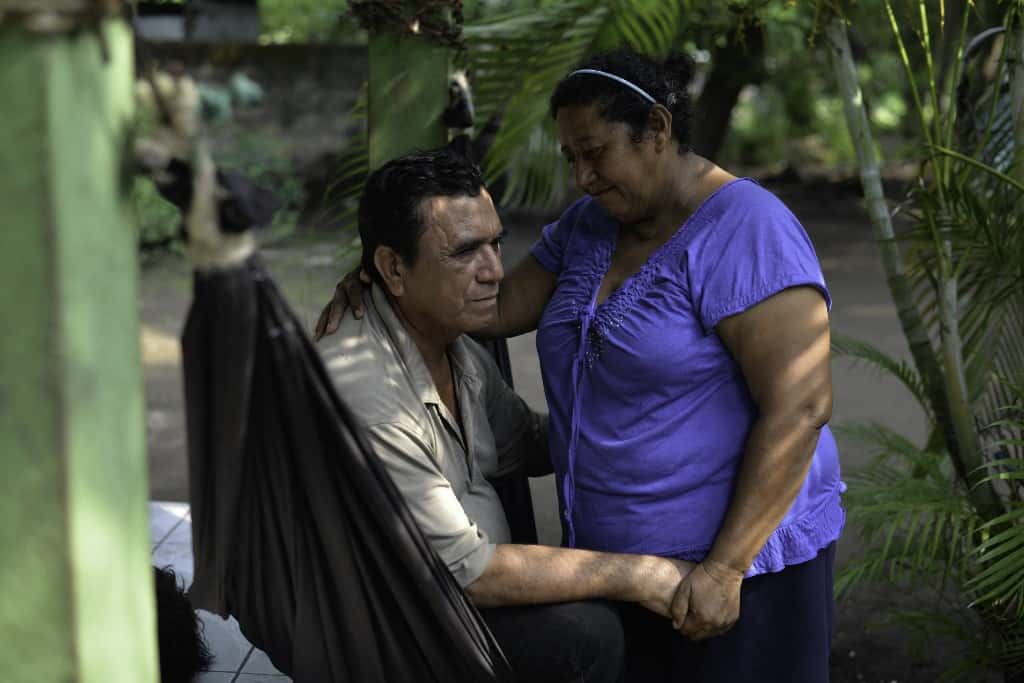The human rights crisis “continues to deepen” in Nicaragua, where civil society cannot participate in social and political life “freely and safely,” according to a report published Thursday by the Inter-American Commission on Human Rights (IACHR).
Between April 18, 2018 and August 31, 2023, Nicaragua canceled the legal status of 3,390 organizations out of a total of 7,227 registered in the country in 2018, when anti-government protests broke out that resulted in some 300 deaths.
The IACHR considers this an attack on “pluralism” that demonstrates the intention to “completely close the civic and democratic space” in the country.
In Nicaragua, “a policy of systematic repression and persecution prevails against anyone considered an opponent of the government through the imposition of a police state,” it denounces.
These restrictions “have been possible due to the subordination of all public powers to the Executive” and the absence of “limits and counterweights.”
The IACHR cites for example the fact that the National Assembly has facilitated the approval of regulations and legal reforms by President Daniel Ortega’s government, re-elected in 2021 with his rivals in jail or in exile.
In addition, the resources filed against these regulations have lost all meaning due to “the lack of independence of the judiciary.”
“As a consequence of this repressive escalation,” dozens of organizations and activists “have been forced into exile” and those who remain in the country “would work clandestinely, in a climate of fear, persecution and self-censorship,” it points out.
The Nicaraguan authorities usually follow a pattern: they prohibit demonstrations, then carry out arbitrary detentions, “more than 2,000” since April 18, 2018, and undertake smear campaigns and harassment.
In addition, the organization states that it is aware that passports are withdrawn and retained or refused to prevent people from leaving the country. And others are prevented from returning to the country.
The IACHR is a body of the Organization of American States (OAS), which Nicaragua will cease to be a member of on November 19 at the express wish of Ortega.






